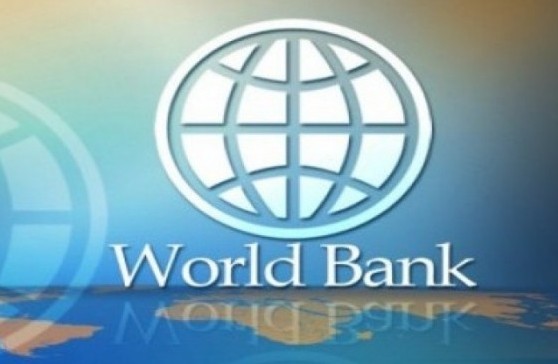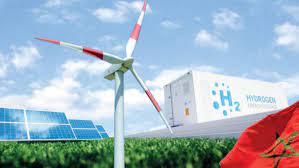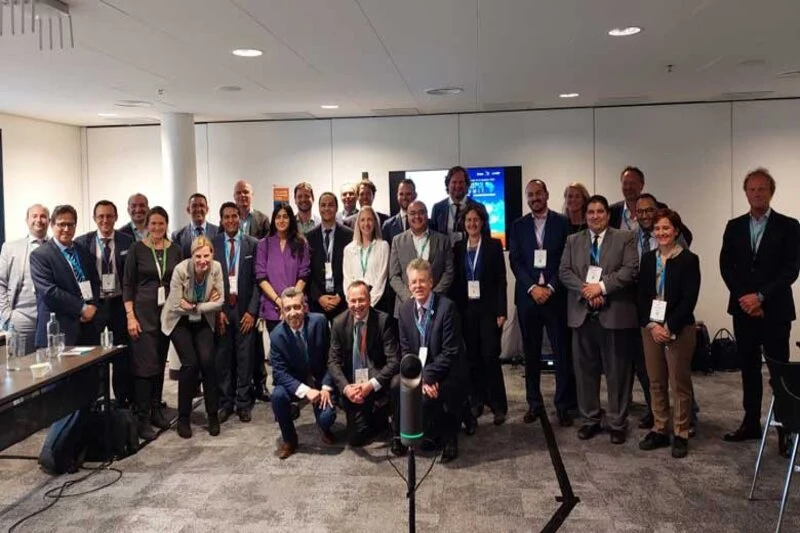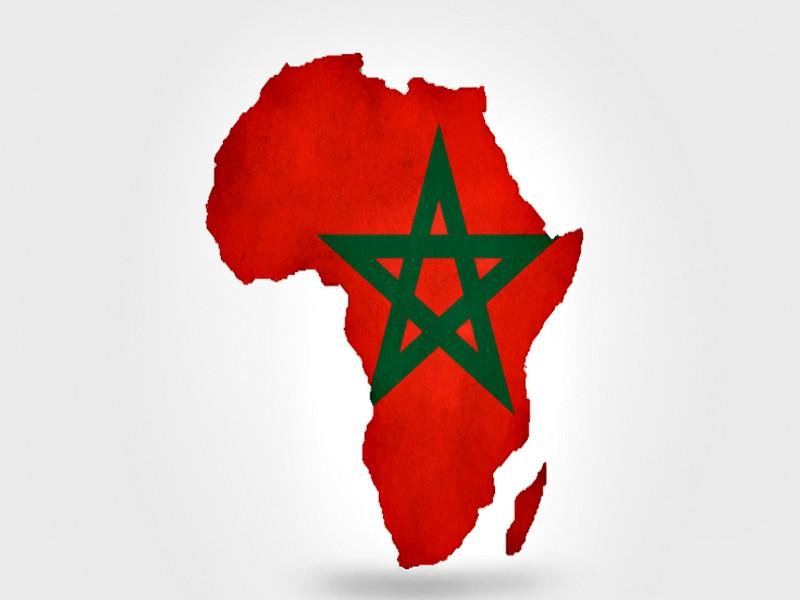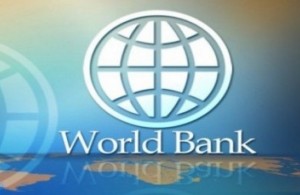 Morocco has an opportunity in the years ahead to boost economic growth and job creation, says World Bank Memorandum entitled “Morocco 2040- Emerging by Investing in Intangible Capital”.
Morocco has an opportunity in the years ahead to boost economic growth and job creation, says World Bank Memorandum entitled “Morocco 2040- Emerging by Investing in Intangible Capital”.
The new report, released Monday, provides an analysis of past economic performance as well as development opportunities and constraints, and then offers a roadmap for reforms to achieve superior economic and social outcomes over the next generation.
Morocco engaged in a set of economic and social reforms to boost productivity, improve living standards, create jobs and enhance institutions. This process was further enriched by the 2011 Constitution, which called for greater rights and opportunities for Moroccan citizens and enhanced the Kingdom’s governance framework.
Bringing Morocco’s improved development outcomes to the next level and achieving economic convergence with Southern European countries will require to deepen further and integrate sector and governance reforms, according to the WB document.
The report proposes a set of critical pathways to reach that goal. It recognizes that while youth employment continues to be a major challenge, the country has the potential to unleash job creation and bring about the needed reforms to improve productivity and people’s living conditions.
Specifically, the report invites the authorities to rethink the country’s business model in order to spur competitiveness, boost productivity and promote fair market conditions for investors, be they small or large. This will in turn create a more level-playing field for the private sector to grow and will generate more jobs for youth and women in particular.
In order to achieve this strategic goal, greater investments in the country’s precious human capital will be needed. This long-term agenda touches upon two key sectors: education and health.
According to the WB report, Morocco’s ability to empower and mobilize greater economic opportunities for women will be instrumental to enhance economic growth significantly.
Finally, the report views the strengthening of institutions and the country’s governance model as a key precondition to reinforce the rule of law and place the Moroccan citizen at the heart of its development model. This ranges from more accountable and efficient public services to giving voice to citizens and enhancing respect, interpersonal trust and civic duty.
“This roadmap humbly presents the economic policy and political economy conditions capable of boosting Morocco’s growth potential. But the most important role is that of each and every citizen to feel entitled and responsible to act on the country’s development, to strive for inclusive institutions and equal economic opportunities, to promote gender equality and interpersonal trust, and to contribute with confidence to building Morocco’s future” said Jean-Pierre Chauffour, World Bank Lead Economist and CEM author.
“It takes a consultative and inclusive process for the country’s constituencies to discuss and agree on how they would like to see their country by 2040. We hope that we have at least contributed to triggering this debate through the analysis and projections contained in the present report”.
